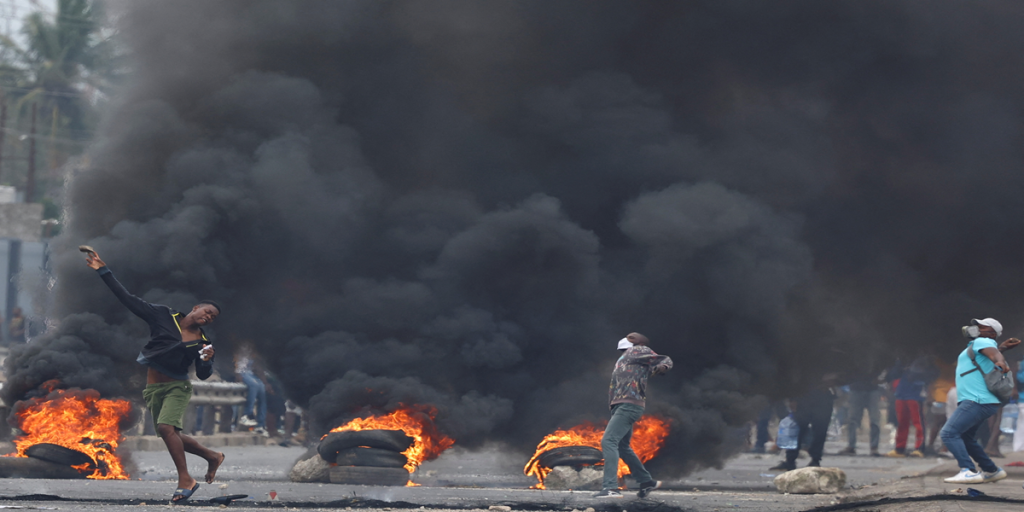Amnesty International called on Mozambique to “put an end to its violent crackdown on protesters,” reporting that 110 people have lost their lives in demonstrations triggered by contested presidential elections held in October.
The southern African nation has been gripped by unrest since the October 9 election, which saw the ruling Frelimo party maintaining power since 197 declare victory. Opposition parties, however, have described the election as fraudulent.

Amnesty’s Deputy Director for East and Southern Africa, Khanyo Farise, cited findings from the local organisation Plataforma Decide, revealing that over 30 deaths occurred within a span of just six days, from last Wednesday to Monday, contributing to a total death toll of 110 in the ongoing clashes.
The Constitutional Council is expected to confirm the election results at least two weeks before the January inauguration of Daniel Chapo, 47, the Frelimo candidate set to succeed outgoing President Filipe Nyusi.
According to the electoral commission, Chapo secured nearly 71 percent of the vote, while Venancio Mondlane, the 50-year-old leader of the Podemos party, finished second with 20 percent. However, Mondlane disputes these results, claiming an alternative count showed he garnered 53 percent of the vote, with Chapo receiving only 36 percent.
On Tuesday, Mondlane, speaking from abroad via video, urged his supporters to disrupt operations in the country’s mining sector as part of their protest.
Meanwhile, South Africa’s interior minister, Leon Schreiber, visited the border crossing at Lebombo on Wednesday, a site heavily targeted by Mozambican protesters and appealed for calm.
In an effort to address the crisis, outgoing President Nyusi convened the State Council, an advisory body, on Wednesday. During the meeting, he stressed the need for “deep reforms” and urged the security forces to “prepare for the challenges ahead” by “only using force when absolutely necessary.” Nyusi also emphasized improving engagement with the public to ease tensions.
In a gesture aimed at opposition parties, Nyusi announced plans for a “comprehensive revision of the electoral law,” promising measures to enhance the transparency and credibility of future elections.


